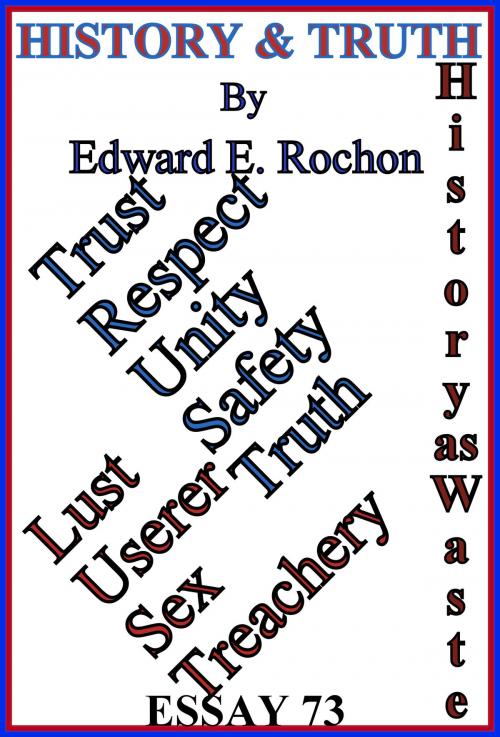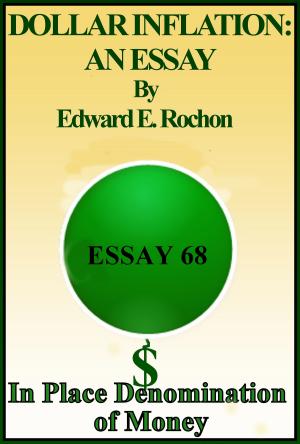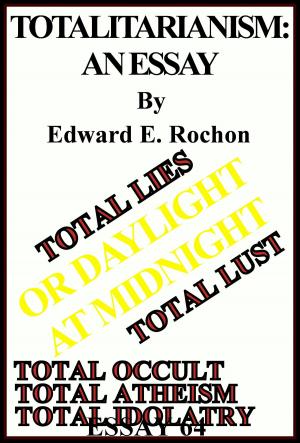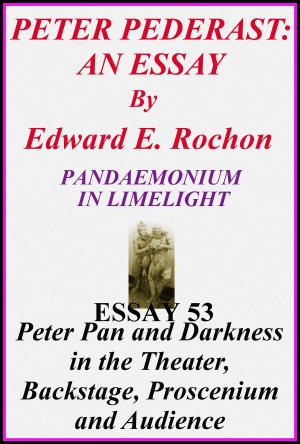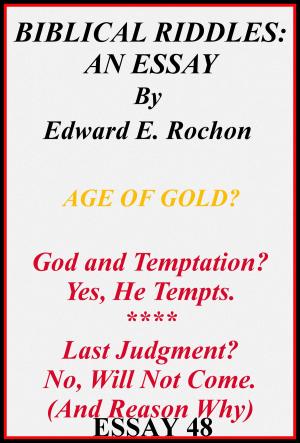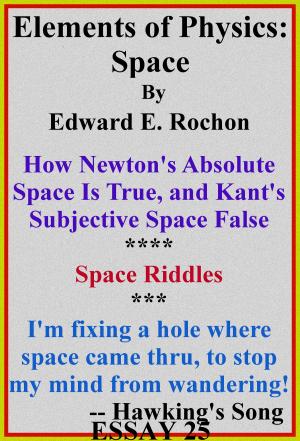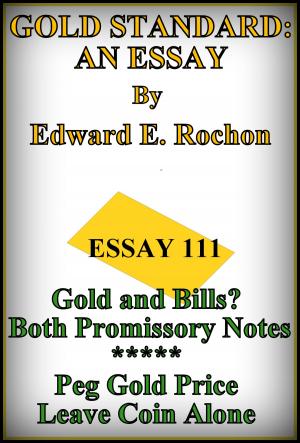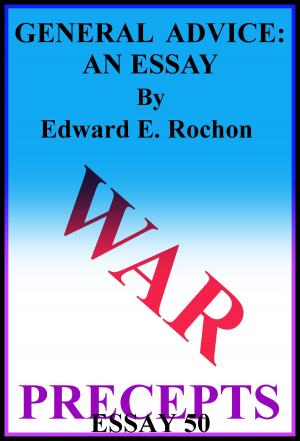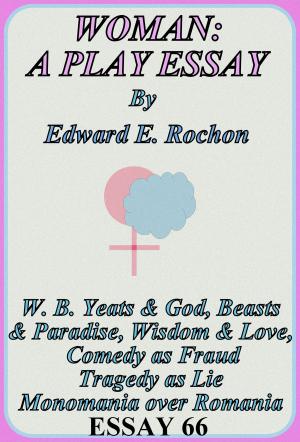| Author: | Edward E. Rochon | ISBN: | 9781311607980 |
| Publisher: | Edward E. Rochon | Publication: | May 22, 2015 |
| Imprint: | Smashwords Edition | Language: | English |
| Author: | Edward E. Rochon |
| ISBN: | 9781311607980 |
| Publisher: | Edward E. Rochon |
| Publication: | May 22, 2015 |
| Imprint: | Smashwords Edition |
| Language: | English |
A preface explains the study of history as a purge of corruption from society and men. It notes the contrary view that sees history as food to enliven, build up and sustain culture. Chapter 1 states what history is, its logical justification, its difficulty in proving the events within it. It notes how human perception operates within the framework of past and future overlaying the present moment. The essential view is that culture is ahistorical, justifying seeing history as essentially human waste of the past. Chapter 2 demonstrates that immaterial forces are at play in history by empirical demonstration. Chapter 3 refutes determinism as a means of objectively validating historical truth. Fate is dismissed as delusion and a deception of the corrupt in society. It ridicules cyclical notions of history as incompatible with logic and observation. Chapter 4 discusses Western culture in the present day, that its essential individualism is the essence of men in all places and cultures. It debunks Oswald Spengler and others of his ilk. The origin of the West is seen as the martial spirit of a Siegfried fused to a sword of Christianity in a quest to destroy a satanic dragon, not any particular people, for the salvation of humanity from spiritual corruption. An allegory describes how this will play out, with how much misery left in the balance of uncertainty.
A preface explains the study of history as a purge of corruption from society and men. It notes the contrary view that sees history as food to enliven, build up and sustain culture. Chapter 1 states what history is, its logical justification, its difficulty in proving the events within it. It notes how human perception operates within the framework of past and future overlaying the present moment. The essential view is that culture is ahistorical, justifying seeing history as essentially human waste of the past. Chapter 2 demonstrates that immaterial forces are at play in history by empirical demonstration. Chapter 3 refutes determinism as a means of objectively validating historical truth. Fate is dismissed as delusion and a deception of the corrupt in society. It ridicules cyclical notions of history as incompatible with logic and observation. Chapter 4 discusses Western culture in the present day, that its essential individualism is the essence of men in all places and cultures. It debunks Oswald Spengler and others of his ilk. The origin of the West is seen as the martial spirit of a Siegfried fused to a sword of Christianity in a quest to destroy a satanic dragon, not any particular people, for the salvation of humanity from spiritual corruption. An allegory describes how this will play out, with how much misery left in the balance of uncertainty.
